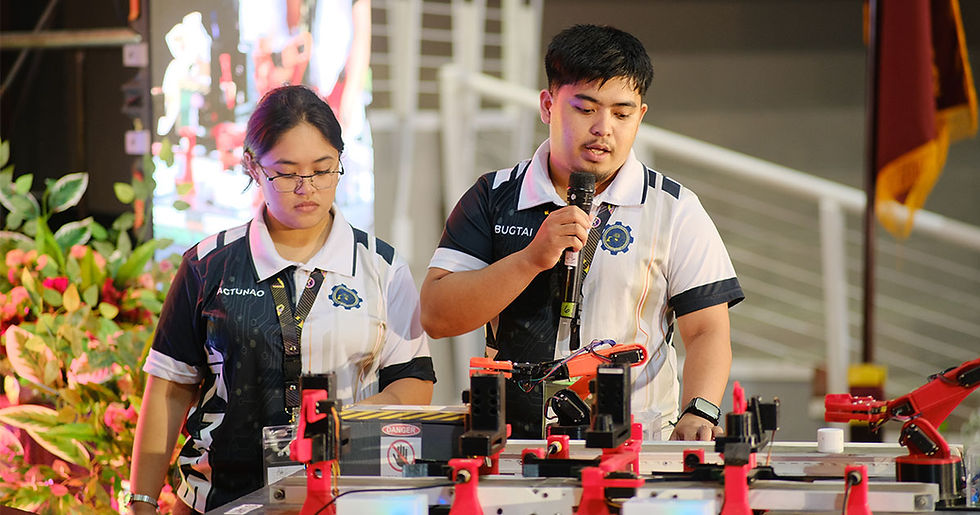Refugee Assistance in Jordan: Making and Innovating
- Field Ready

- Mar 14, 2017
- 2 min read


Jordan is a wonderful country. Its friendly and hospitable people have become hosts to many refugees including well over a million Syrians who now live in camps and host communities. With numerous organizations focusing on camps like the enormous Zaatari settlement (which hosts roughly 80,000 people just south of the Syrian border), Field Ready’s Georg Hoehne decided to direct a recent assessment on the host community of Zaatari village just outside of the camp. This was achieved by using a recent crowdfunding campaigns resources he has collected with his own organization, Innovation Aid.
This community is made up of local Jordanians as well as Syrian refugees who receive far less assistance than those who have found residence within camps. The community faces several problems. Families live in small makeshift houses and refugee tents without access to clean drinking water, proper toilets, leak-proof roofs for their shelters, food (22% of the community experience food insecurity), diapers, milk for the babies and so much more. In part, because the community produces a large amount of trash, pest control is also a significant issue.
To carry out the assessment, Georg worked with 15 local volunteers and the organization Acting for Change Jordan (https://actingforchangejordan.wordpress.com) who went from house to house to fill out a specifically designed questionnaire to understand their challenges and capabilities. Following Field Ready’s standard approach, however, involves more than just simple assessment. Various designs and products have been made by upcycling local sourced refuse. This not only requires very few resources but also ensures that they will be made, used and repaired after our departure.
Useful objects made have included more than 20 rat traps from plastic bottles and making furniture out of old wood and plastic bottles. This furniture found a place in the local administration which is lacking furniture as well as in some houses in the village. All of this is done with the support of the local community that we continue to work with.
Two additional areas are being looked at in depth to address the concerns raised by those in the area. As the location is not served by electrical mains, alternative power sources are being investigated. Small scale wind generators made from broken fans can meet demands for lighting, phone charge, and other basic needs. With food security being a pressing issue, vertical gardening can provide a way to diversify the basket of available nutrition without the need for significant additional resources.

_edited.png)




Comments